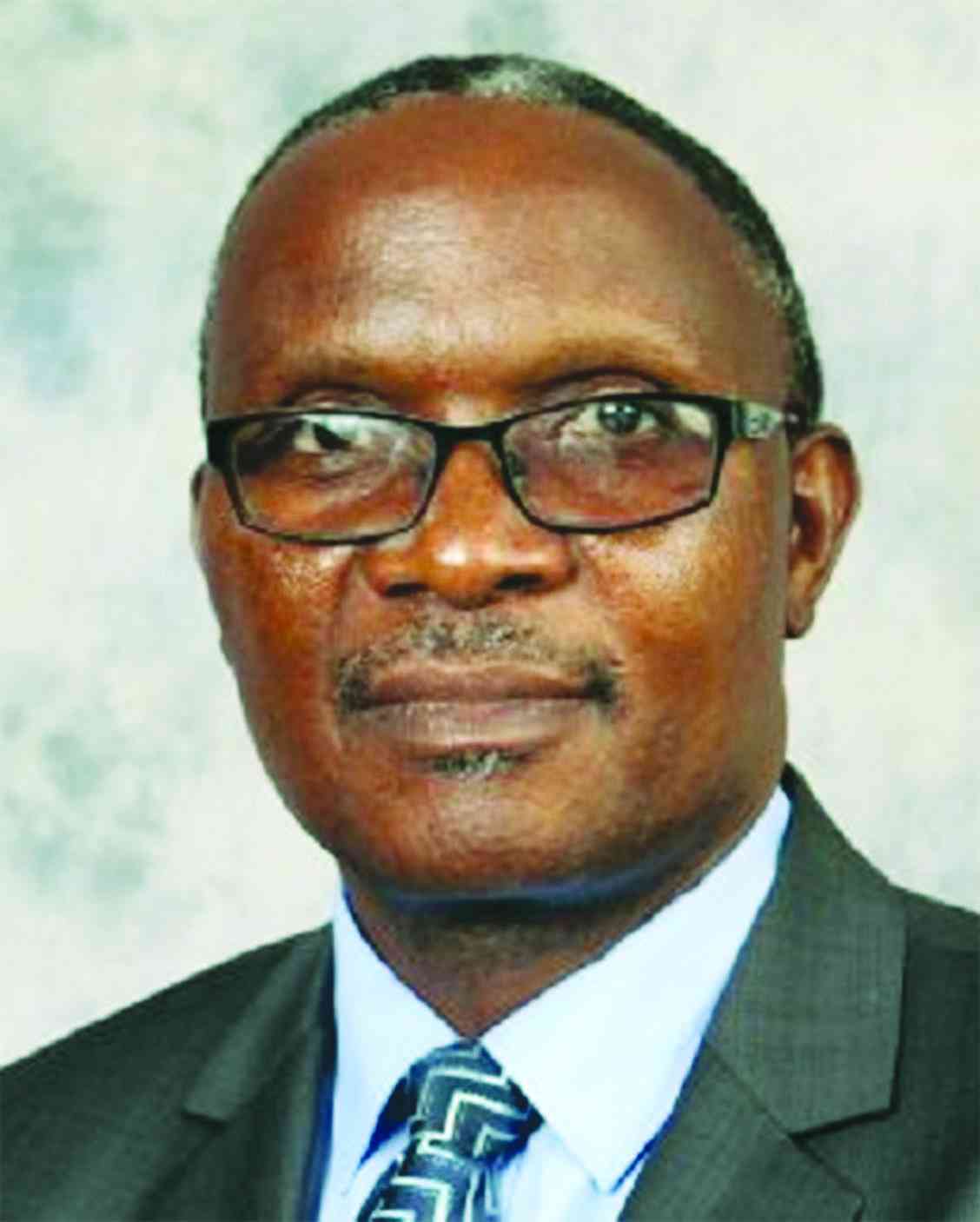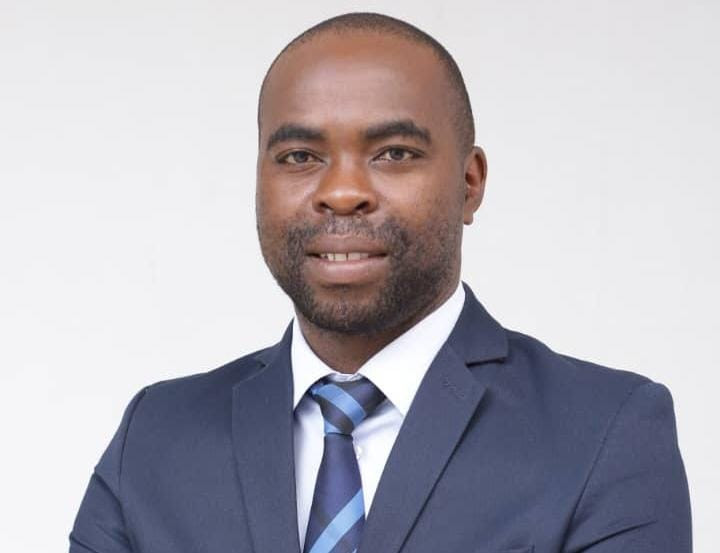
FIRST Mutual Properties (FMP) experienced declining rental collection rates in 2024, with tenant payments falling by 10 percentage points to 75% compared to the previous year amid widespread tenant financial challenges.
However, the company offset some losses through growth in US dollar-denominated leases and property services income.
Management has intensified tenant engagement to recover arrears while diversifying its portfolio to reduce reliance on struggling payers.
“Due to tenants’ financial challenges, rental collection rates fell from 85% in 2023 to 75% in 2024. Management is working closely with tenants to resolve the arrears. There has been an elevated focus on tenant and portfolio diversification,” FMP chairperson Elisha Moyo said in a statement attached to the firm’s annual financial results ended December 31, 2024.
He said management was committed to providing quality and secure facilities through targeted upgrades and maintenance.
“Against this, US$945 231 was spent on infrastructure maintenance during the year,” Moyo added.
He noted that the commercial property sector was experiencing moderate growth, driven by major cities’ demand for retail and office spaces.
“Sustainable construction practices, including green building technologies, water recycling systems, and solar energy, are gaining traction. However, high construction costs and limited financing options remain key challenges,” Moyo said.
- First Mutual remains bullish despite headwinds
- First Mutual’s Q1 revenue up 554%
- FMP to invest in lucrative properties
- Foreign investors ditch Zim capital markets
Keep Reading
“Public-private partnerships that leverage private sector expertise for large-scale projects are key to the sustainable development of Zimbabwe’s property sector. Rental payments are mainly in US dollars, reflecting broader market trends.”
He said that in contrast, operating costs, particularly utilities such as electricity and municipal rates, were settled in local currency, in line with the country’s legal framework.
The company noted high vacancy rates in the central business district (CBD), which continue to persist as tenants relocate to suburban offices and office parks.
FMP is a significant property developer with a property portfolio valued at approximately US$132,9 million as of the end of last year.
“Both public and private sector investments are driving growth. Nonetheless, investment in infrastructure is required to sustain the property market,” the FMP chairperson said.
“High vacancy rates persist in the CBD as tenants relocate to suburban offices and office parks. Businesses are moving away from traffic congestion, parking space shortages and unsatisfactory building conditions, such as malfunctioning elevators and air-conditioning systems in the CBD.”
He said that recent local plans, such as the Avondale and ED Mnangagwa Road Local Development Plans, had also influenced demand as they permit mixed-use developments along major arterial roads.
“There have been noticeable real estate developments in the country. In the tourism and hospitality towns, including Victoria Falls, there has been an elevated activity in new hotels, lodges, and resort developments,” Moyo said.
“Further, private developers are increasingly investing in gated communities, town houses, and apartment complexes, particularly in affluent Harare suburbs. Mixed-use developments combining residential, commercial, and retail spaces are also gaining popularity.”
FMP’s revenue was up 31% to US$9,02 million during the period under review, driven by growth in property services income, predominantly project management fees, an upsurge in pure US dollar rentals, and timely rental reviews.











